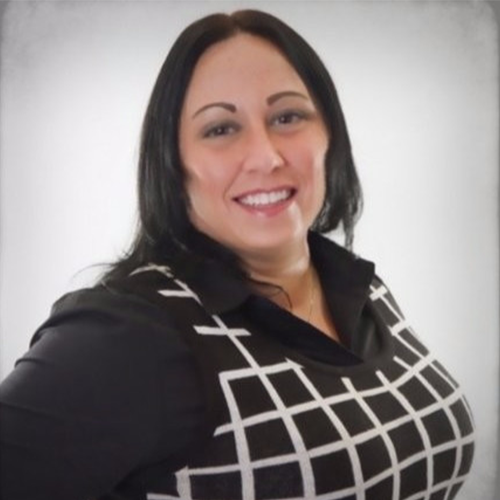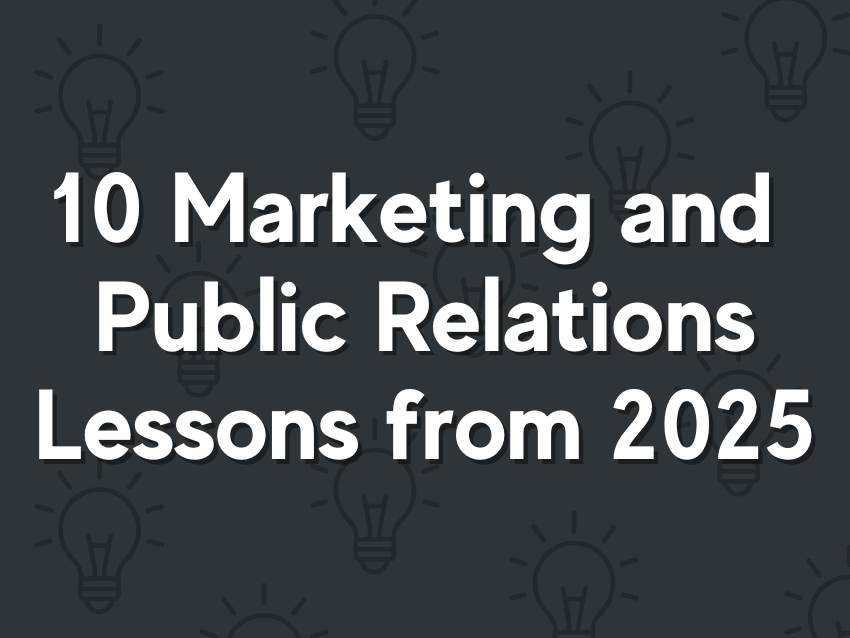
As Senior Director of Global Legal Operations at Mylan, Kristi Gedid has managed numerous relationships with outside counsel. She joined the Law Firm Marketing Catalyst podcast to talk about how law firms can develop strong business relationships with in-house counsel and the value of the Corporate Legal Operations Consortium (CLOC).
- Communicate meaningfully. Communication is by far the most important part of any business relationship. But to be truly meaningful, that communication must go deeper than a surface-level working relationship. Lawyers need to fundamentally understand their clients’ needs, the projects on their plates and their business goals. That can’t be achieved with a happy hour get-together; it takes a significant amount of time having intentional conversations and asking the right questions.The best in-house counsel relationships Kristi has seen are the ones where outside lawyers take the time to say, “I know you’ve got a lot going on, but I really want to talk to you and find out how we can help you.” Taking the initiative to understand the client not only makes them feel valued, but it also ensures that you’ll provide better legal service. This type of communication makes all the difference when it comes time to renew your contract.
- Check in regularly. Alternative fee arrangements are becoming more popular, which can be beneficial for both outside and in-house counsel. Often, with these agreements, however, there’s little dialogue in between the signing of the contract and its conclusion. The worst-case scenario is bringing up contract renewal and finding out for the first time that the client wasn’t happy or their expectations weren’t met. That puts a serious damper on discussions about continued business.To mitigate risk and ensure that everyone is on the same page, schedule formal check-ins every four or six months, while maintaining an ongoing conversation in between as well. Ideally, both you and the client will be satisfied with the work that’s happening. But if one or both sides aren’t happy, a check-in guarantees that you’ll be able to address concerns, and it gives you the opportunity to ask how you can do better next time.
- Let legal operations staff into the conversation. At the end of the day, the partner who secured the business is in charge of the client; that will never change. But if you try loosening this model and letting marketing and legal operations staff into the conversation, you may find that your relationships with clients will deepen and improve.From billing to scheduling, there are numerous aspects of a business relationship that are not appropriate for lawyers to spend their time on. Although it may seem like the partner’s responsibility to handle every issue that comes up, those tasks really belong in the hands of someone who has the time and expertise to address them properly. When operations staff is allowed to handle operations tasks, lawyers can do what they should be doing: practicing law.
Plus, in many cases, it’s easier for marketing and legal operations staff to communicate with one another. Kristi prefers talking to her peers in the legal operations field because they speak the same language. They face the same hurdles, so they can relate and understand where the other person is coming from—and that helps to build a relationship on both ends.
Click here to download/subscribe to the Law Firm Marketing Catalyst podcast.



